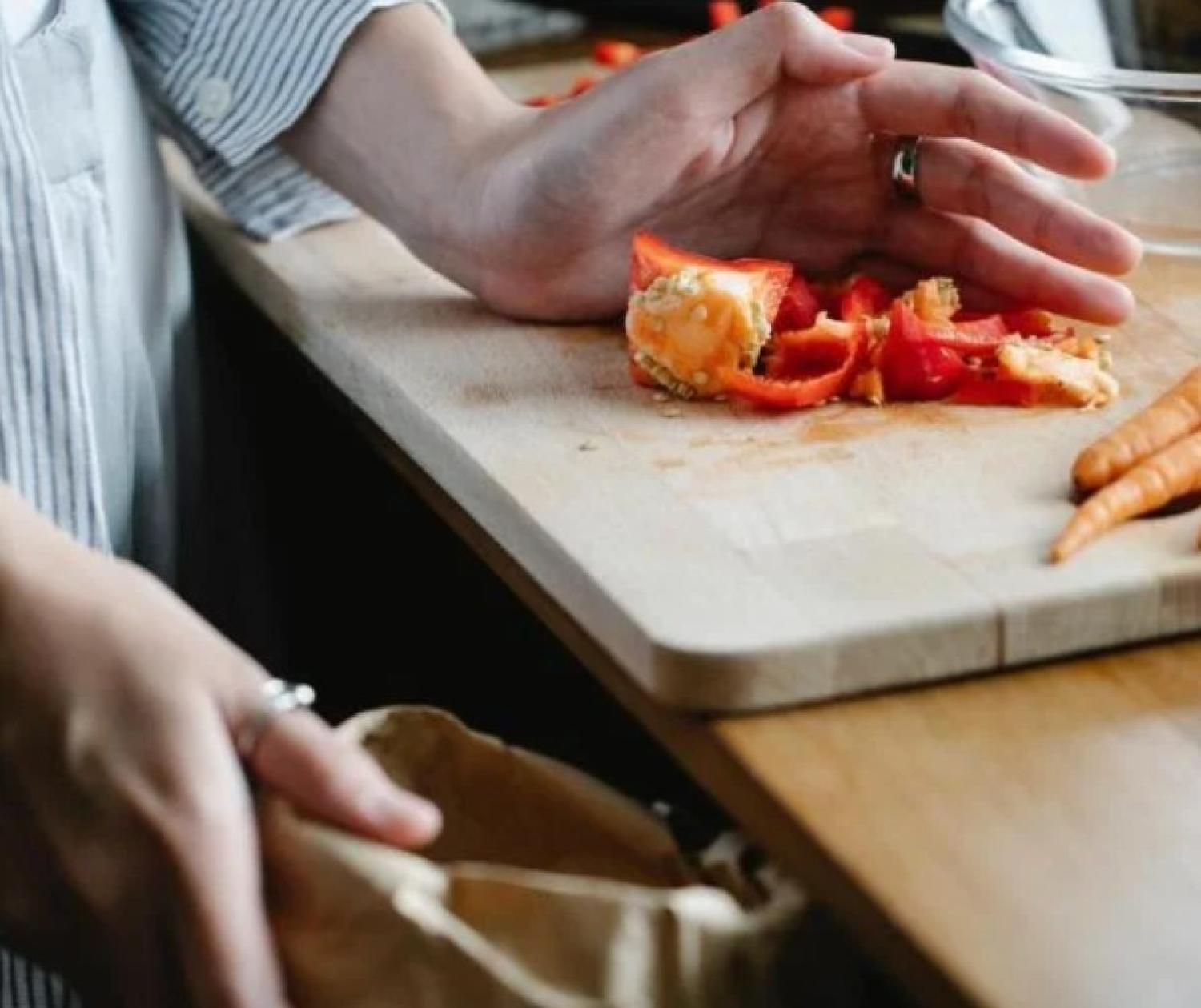Common misconceptions about food waste: what it is and how to reduce it

Food waste is a prevalent topic in climate change conversations; we are often urged to make changes surrounding our diets and composting. But what is food waste, and how can we reduce the amount we create on a daily basis? Simply put, food waste is edible food that is discarded instead of being consumed. In the U.S. alone, 103 million tons of food is wasted every year, with the average person generating one pound of food waste daily. Here are some common misconceptions about food waste and how to reduce it:
Top Wasted Foods
The top foods and products that are typically thrown out each year include bread, milk and potatoes. Keep this in mind the next time you're grocery shopping.
Expiration Dates
One reason why Americans waste so much food is due to misunderstanding expiration dates. The "Best If Used By" date refers to when a product will be at peak flavor or quality, while the "Sell By" date tells the store how long they can display the product for sale. The "Use By" date is the last date recommended to consume the product while it's at peak quality. The "Freeze By" date indicates when a product should be frozen to maintain peak flavor or quality.
Composting
If you need to toss out food, consider composting it first. Colorado's composting policy has recently changed, and the only items that can be composted on campus are food scraps and yard/plant trimmings. Food scraps include bread, bones, cheese, eggshells, coffee grounds and produce. Yard and plant trimmings include leaves, twigs, flowers and grass. You can read more here.
By reducing food waste, we can all do our part in creating a sustainable future. Start by double checking expiration dates before throwing food away, and consider composting instead of tossing it in the trash. With small changes to our daily routines, we can make a big impact on reducing food waste. Don't forget to track your sustainable actions in the AWorld app! From April 15 through June 15, track your Sustainable Buff actions using the AWorld app. The first 500 participants to join the challenge will earn a free stasher bag. For each Buffs action logged, CU will invest $1 toward campus conservation and local carbon sequestration projects, up to $10,000. Participants will be invited to vote on the project to be funded.


